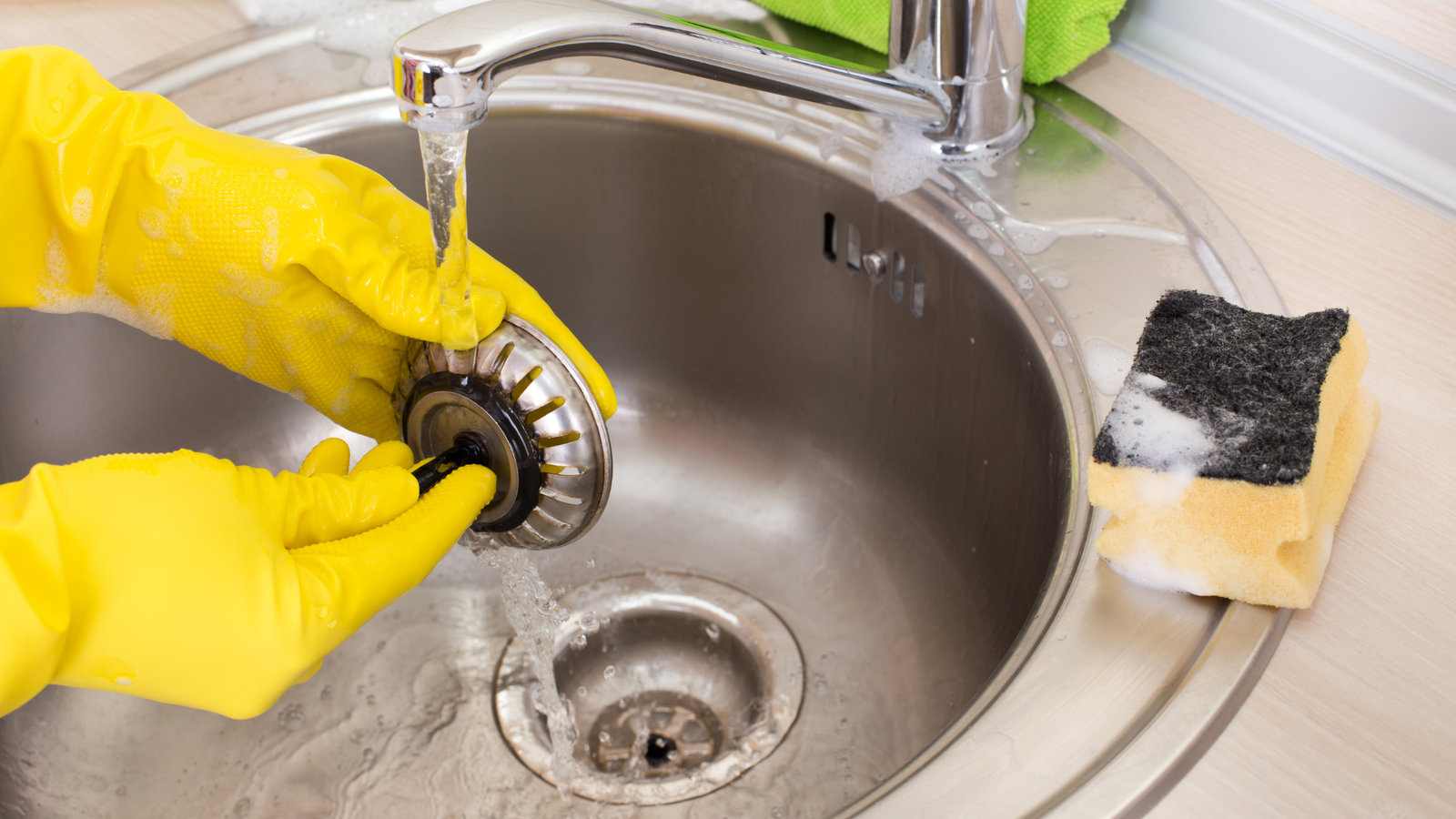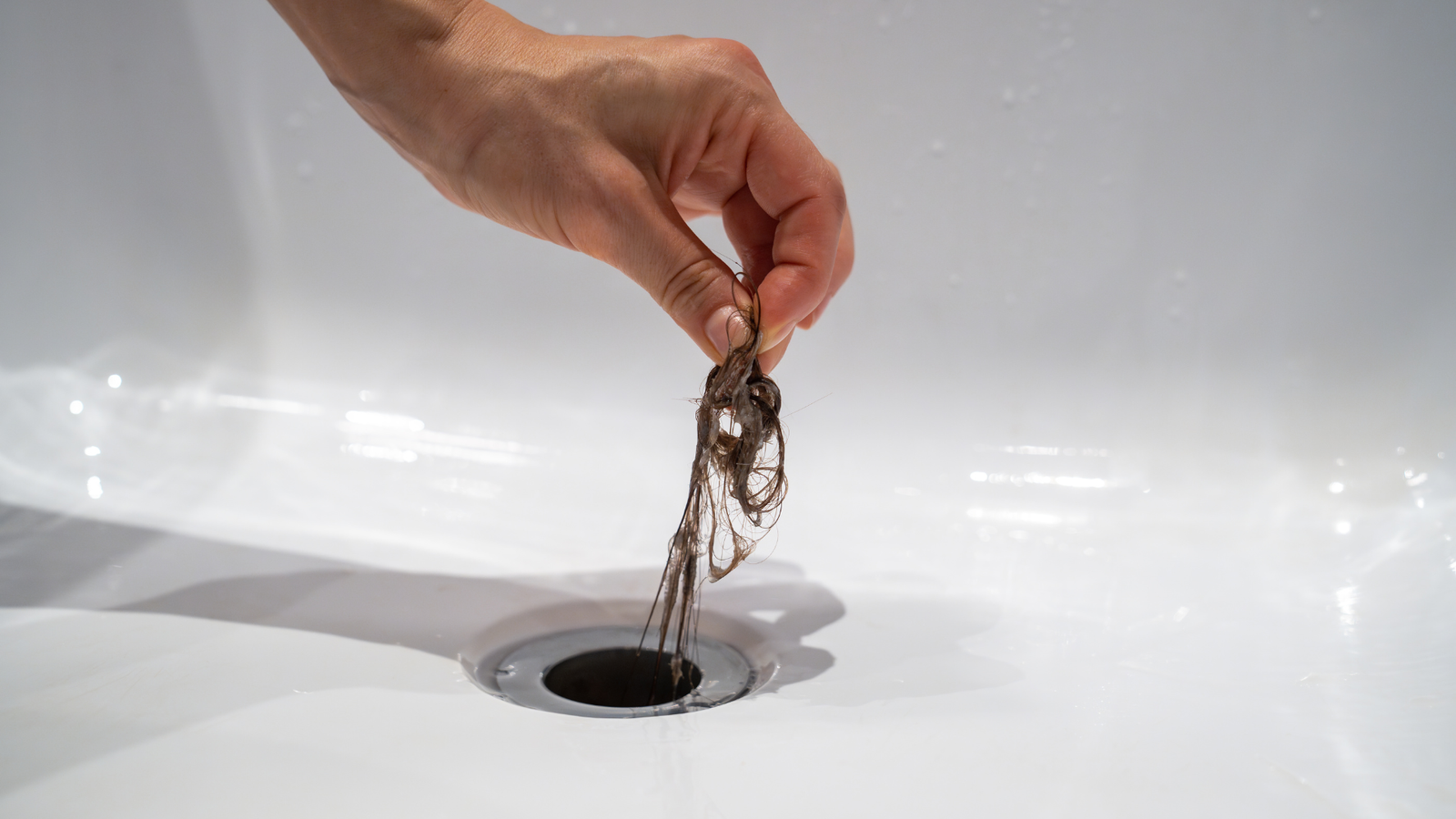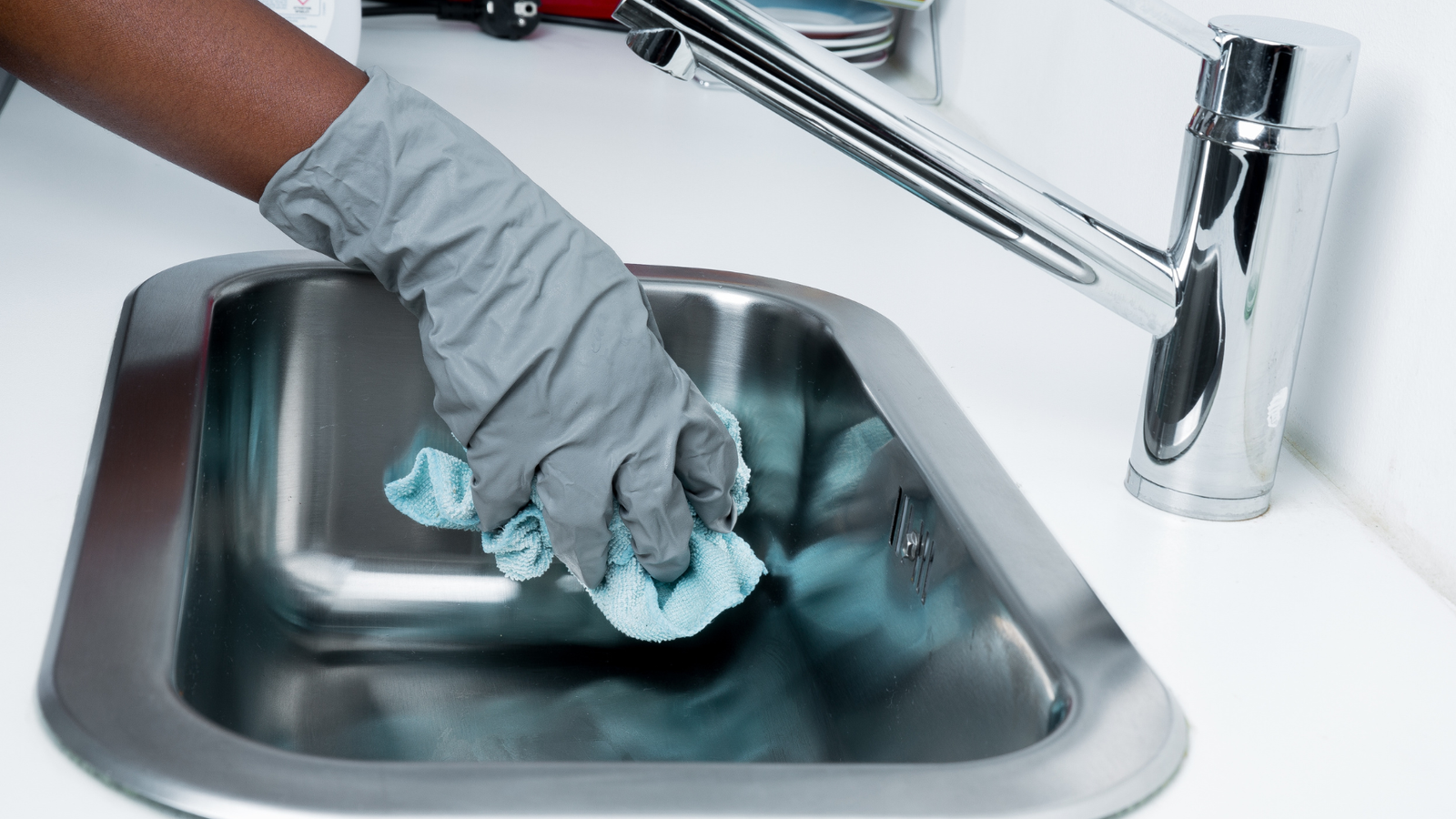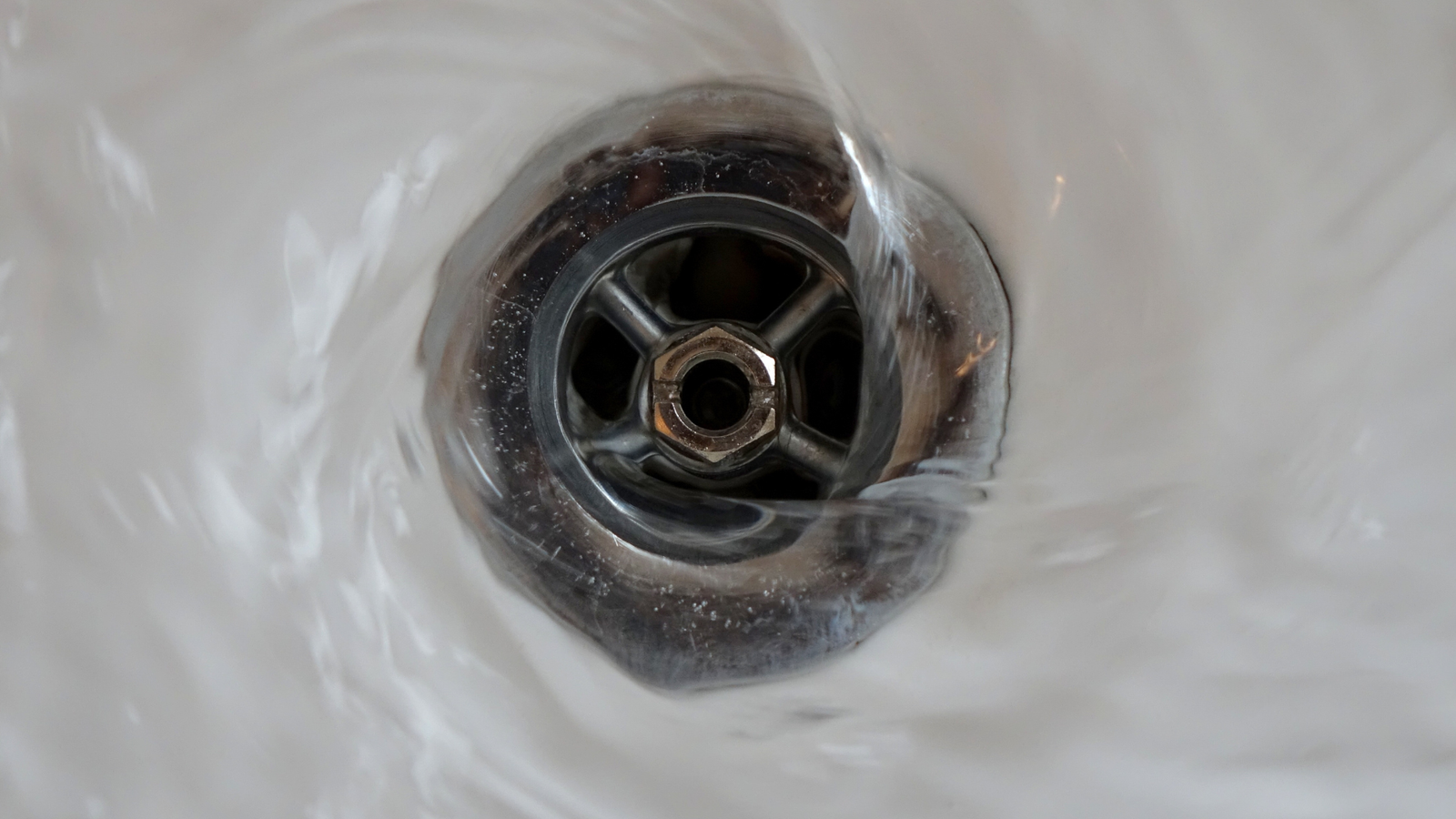Drains are an essential part of any home or business, carrying away wastewater and keeping things clean. When drains become clogged, it can lead to various problems, from slow water drainage to unpleasant odors and even water backups. Understanding how to address these issues and knowing when to call for professional help is key to maintaining a healthy plumbing system.
Understanding Common Drain Problems
Many things can cause drains to clog. Over time, hair, soap scum, grease, and food particles can build up inside pipes, narrowing the path for water. Sometimes, foreign objects might accidentally fall into drains, creating immediate blockages. These issues can affect sinks, showers, bathtubs, and toilets.
Signs of a clogged drain include:
- Water draining slowly from sinks or tubs.
- Gurgling sounds coming from drains.
- Unpleasant odors in bathrooms or kitchens.
- Water backing up in fixtures.
Ignoring these signs can lead to more serious plumbing issues down the line.
Why Professional Drain Cleaning is Important
While some minor clogs can be addressed with simple household tools, many blockages require the expertise of a professional. Store-bought chemical cleaners can sometimes damage pipes, especially older ones, and may not fully remove the clog. Professional drain cleaning uses specialized equipment and techniques that are safe for your plumbing and effective at clearing even stubborn blockages.
Professionals can accurately identify the cause and location of a clog. This helps ensure that the problem is fixed completely, preventing it from returning quickly. Regular professional cleaning can also help prevent future clogs and extend the life of your plumbing system.
Types of Drain Cleaning Services
Several methods are used by professionals to clear drains. The choice of method often depends on the type and severity of the clog.
Drain Snaking
A drain snake, also known as a plumbing auger, is a long, flexible cable with a small auger or blade at the end. It is fed into the drain to break up or pull out blockages. This method is effective for removing hair, grease, and other soft obstructions without harming pipes.
Hydro-Jetting
For more severe or persistent clogs, hydro-jetting may be used. This technique involves using a high-pressure stream of water to blast away buildup and clear the pipes. It can effectively remove grease, mineral deposits, and even tree roots that have invaded the sewer lines. Hydro-jetting cleans the entire pipe, not just creating a hole through the clog.
Camera Inspections
Sometimes, the exact cause or location of a clog is not clear. In these cases, a small, waterproof camera can be fed into the drain. This allows technicians to see inside the pipes, identify blockages, check for pipe damage, or locate lost items. This visual inspection helps in choosing the most appropriate cleaning or repair method.
Choosing a Drain Cleaning Service in Riverside, CA
When you need Drain Cleaning in Riverside CA, it is important to choose a service provider with a strong local presence and a reputation for reliability. Look for professionals who are experienced, properly equipped, and committed to honest service. A good service will offer clear explanations of the problem and the proposed solution. They should also provide transparent pricing before any work begins.
Local knowledge of Riverside’s plumbing infrastructure can be an advantage, as different areas might have specific challenges or older pipe systems.
Tips for Maintaining Clear Drains
Preventing clogs is often easier than clearing them. Here are some simple steps you can take:
- Use Drain Covers: Place covers over shower and tub drains to catch hair and soap scum.
- Dispose of Grease Properly: Never pour cooking grease down the sink. Let it cool and solidify, then dispose of it in the trash.
- Avoid Harsh Chemicals: Chemical drain cleaners can be corrosive and harmful to your pipes and the environment.
- Flush with Hot Water: After using your sink, especially in the kitchen, flush it with hot water for a minute to help move any small particles through.
- Be Mindful of What Goes Down: Avoid flushing anything other than toilet paper down the toilet.
- Schedule Regular Maintenance: Consider having your drains professionally inspected and cleaned every few years, especially if you have an older home or frequently experience slow drains.





